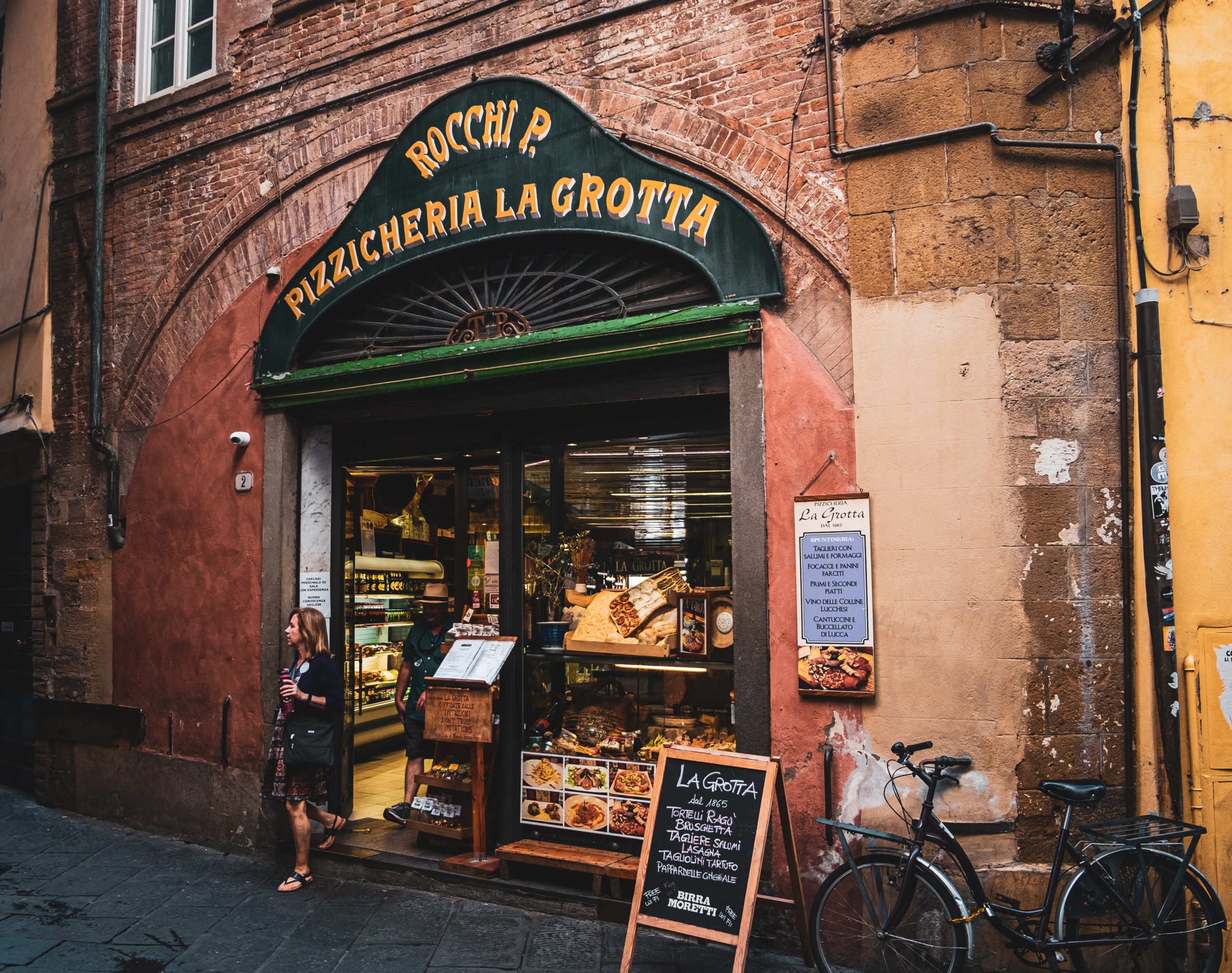
by Serena | Dec 15, 2023 | Italian grammar, advanced
If you ended up on this page, it’s because you wonder if there is any difference between the use of ho dovuto and dovevo,ho voluto and volevo, sapevo or ho saputo. In other words, you might have realized that there’s a difference in the meaning of certain...

by Serena | Dec 15, 2023 | parole difficili, Italian grammar
Migliore vs. Meglio “Migliore” and “meglio” are two words that students frequently mix up. The reason for this is that meglio means “better”, and migliore means both “best” and “better” and this causes a little...

by Serena | Dec 15, 2023 | Italian grammar, beginners
What’s a pronoun? Pronouns are an essential part of speech that allow us to replace something that has already been said and avoid repeating ourselves. Pronouns are widely used in conversation as they help us to be more concise and speak faster. Italian,...

by Serena | Dec 15, 2023 | Italian grammar, advanced
Anch’io vs. anche a me: the difference “Anche” means “too.” “Anch’io” means “me too.” So, what does ‘anche a me’ mean? It means “also me too.” Nonetheless, “anch’io” and...

by Serena | Dec 15, 2023 | Italian grammar, intermediate
What does ‘servire’ mean? First, let’s delve into the meaning and usage of “servire” and explore how it differs from other verbs expressing necessity, such as “dovere” or “avere bisogno di.” Servire means to need...

by Serena | Dec 12, 2023 | parole difficili, advanced, Italian grammar
In my experience as an Italian language teacher, students often struggle with the verb riuscire because of its widespread use in informal Italian. The reason is that the Italian verbs potere and riuscire are both frequently used in English with “can” and so,...








